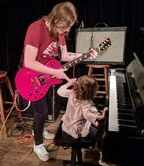 March
13
March
13
Tags
KNABLE GAZING: The Songwriter Parent
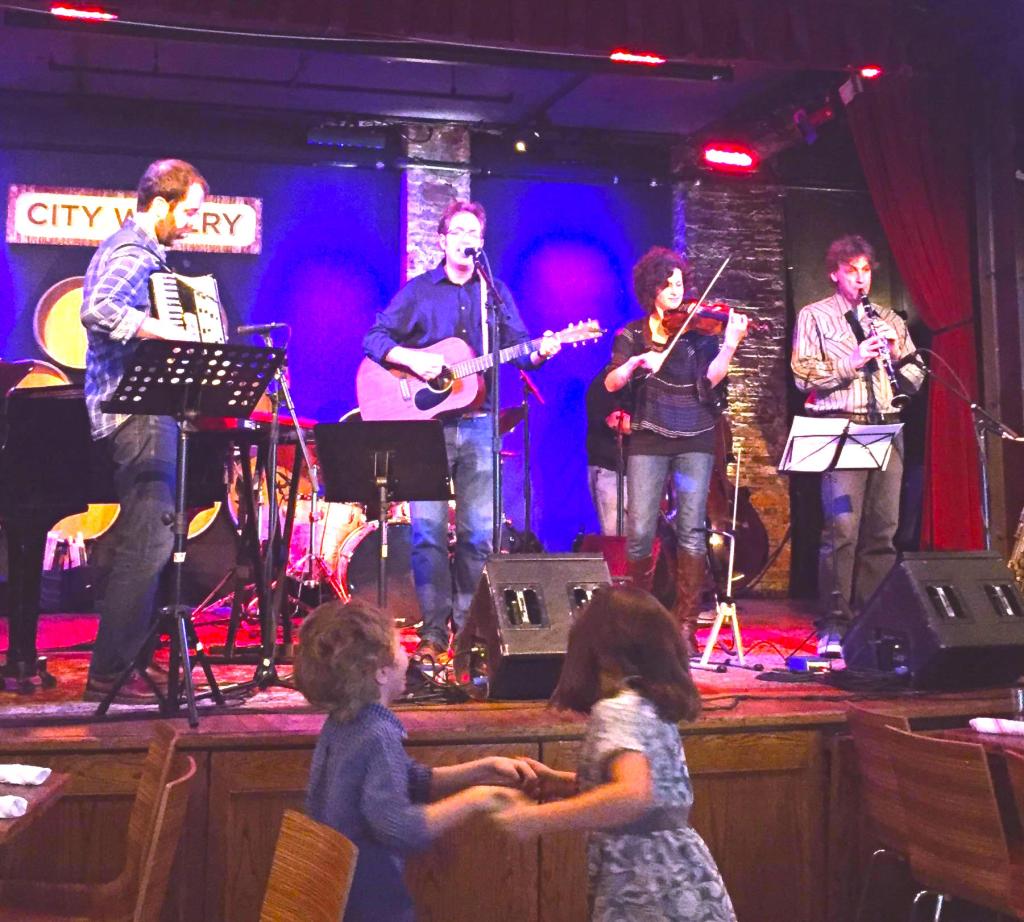
Making babies and making songs are not the same thing despite all the metaphorical comparisons we make about each to the other. A song may be said to be born as a dependent creature that eventually becomes independent, but a baby is not a well-crafted 2-5 minute experience that can be recreated through live performance by multiple performers in perpetuity. Each might be called a labor based on an inspiration, even if that inspiration is achieved through labor, and I suppose each might be creatively perceived as an intentional or accidental result of a recreational and/or procreational activity, but one is flesh and blood and cries real tears, while the other is made of air and disappears when it is not sung or listened to.
To proceed into parenting as a songwriter requires that the songwriting parent realize these distinctions. Songs are nurtured through selfish indulgence while children need a different kind of selfless love, and the coexistence of songwriting and child-raising is a balancing act demanding highly differentiated skill sets.
I was a songwriter before I was a father. Now that I am a father (and have been for over 10 years), I’ll never be the same as a songwriter. I think having the parenting perspective on life has improved me as a person, but I won’t say that I am a “better” songwriter for it. I’m a different songwriter and perhaps my songs have grown, but aging without children is another perspective I simply won’t have now that would have also made my songs grow.
But that’s just me, and I’m not alone here. So I thought I’d talk to some other Big City Folk songwriter parents about their experiences on the balance beam.
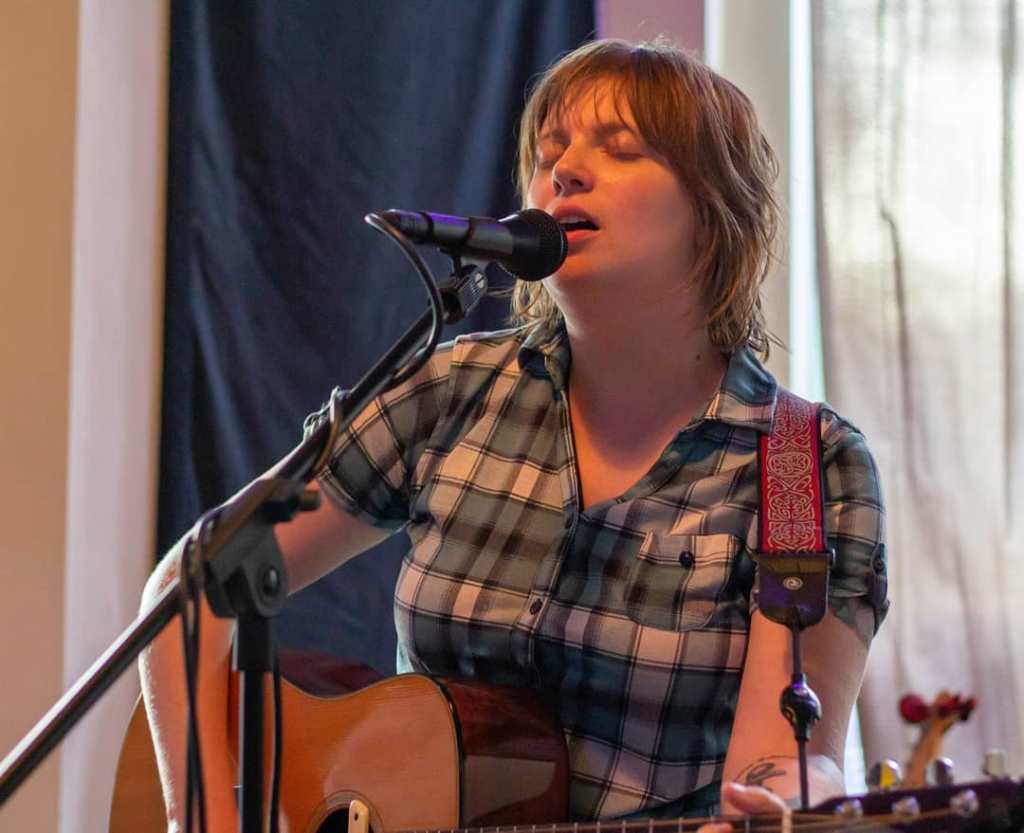
Lindsay Dragan, whose Facebook epithet is Rock N Roll Mom, does think she has become a better songwriter. In her words: “Nothing is too sacred for me to tackle anymore. There’s a certain fearlessness that all parents need to tap into when raising a kid in this world, and I feel like this has carried over into my music. I think it’s also made me a more “authentic” songwriter. As in, I write from my heart and my heart only, instead of having anyone else in mind. It’s very much “if they don’t like it, oh well!’”
Lindsay’s recent songs, like the January 2021 release “Desert Palm,” feel open to interpretation lyrically and spread out like the Mojave musically. But with a first chorus with lines like “When California burns like a desert palm/ When the rivers open up wider to drown/ When greed start to pull your daughters down” coupled with scorching takedowns in the verses like “There’s a madness in your head/ Driven by fragility/ The cancer in your mental machine,” one senses what Lindsay means by fearlessness. Whoever she is talking to is facing not only accusations from a righteous humanitarian artist but the authority of a parent who knows better, who has the right to talk about the tyrant’s daughters being pulled down by greed.
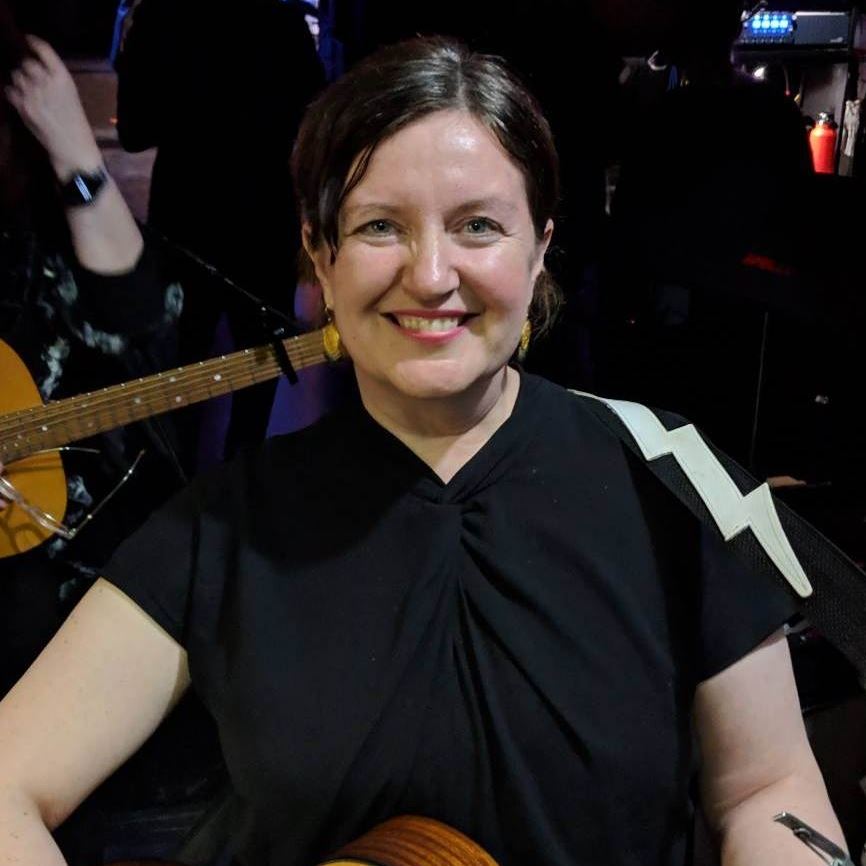
Cordelia Stephens, an English-American songwriter who describes herself as a folk singer inspired by Gillian Welch and Aimee Mann, says she didn’t start writing “lullabies eulogizing the beautiful baby,” or even writing about her own new role as a mother. Nor did she “suddenly develop a penchant for writing or playing kids music.” Says Cordelia, “Those songs tend to drive me mad even though there are plenty of great artists working in the kids music space. Rather, if anything, I guarded my music and songwriting as my thing, which was the constant in the tremendous shift in identity that you have in becoming a parent.”
As she entered a period of greater personal contentment in her new role, Cordelia wrote less about her own experiences and more about politics, inequality, other people’s stories, and the wider world around her. “Perhaps,” she says, “in a very small effort to make her [daughter’s] world a better place.”
One can hear and feel Cordelia Stephens looking outside herself in a line like “I looked far away, I looked twenty-five years down the line/I looked to the hills for an outline of what could be mine” in her 2016-released song “Little White Lies.” But then I found myself wondering if this lilting, beautifully structured song was a before or after-parenthood song—completely willing to believe either. Cordelia set me straight: “I think everything I’ve recorded was before. The only one written during my pregnancy interestingly was “Daughter” on the same album. It is a reflection on my own relationship with my parents and the inevitable combination of joys and heartbreak in every family. It was definitely written knowing I was going to become a parent.”
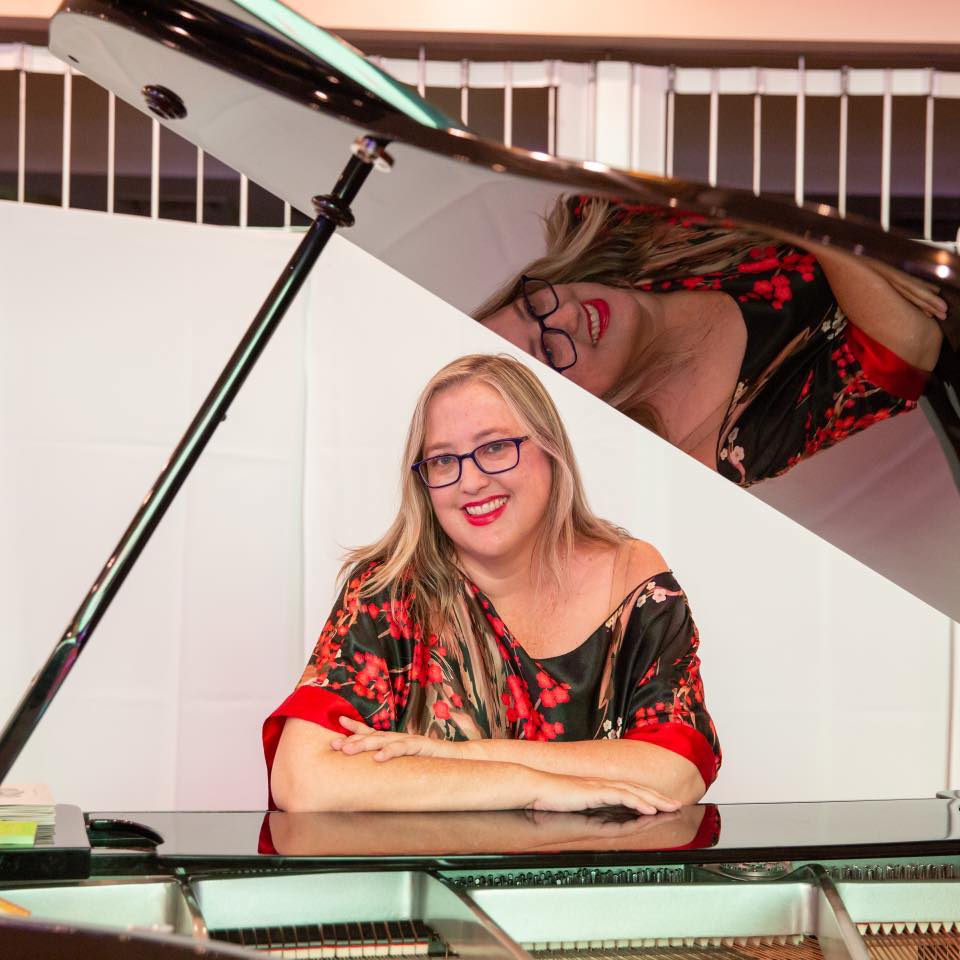
Deidre Rodman Struck is a songwriter who goes back with me to our footloose and fancy-free pre-parent days. Her band The Lascivious Biddies and my band The Randy Bandits had an unholy alliance over several gigs and guest appearances. Deidre is a songwriter as comfortable doing a cabaret act as playing a set in a rock club. She has her own take on the effect of parenting on songwriting: “I’ve become less precious about every song I write. We are always singing now in my house, so songs come out quick and can be about anything from yetis to coffee.”
Case in point is her concert staple for the last 4-5 years “Blueberry Moment”—a song she came up with when her daughter had the flu and her reaction to being given a blueberry popsicle was, “Mommy, we’re having a blueberry moment.” If the blueberry growers of America were ever smart enough to realize that this is their “I Heard It through the Grapevine,” Deidre would be a millionaire. The song itself is so delightful, replete with Deidre’s impeccable jazz piano tinkling, that you are guaranteed to have your own blueberry moment just listening to it.
I can identify with Deidre’s constant song-making in a house of children. After improvising and recording a song about a newly acquired yo-yo with my 6-year-old son, he plaintively asked, “Do you have to write songs about EVERYTHING?”
It’s not all blueberry moments—trying to write songs with children. While having kids has provided Deidre with “never-ending sources of inspiration and ideas,” it is also challenging because her piano is in the middle of the house, and during the pandemic “it’s been hard to find space and time to let the muse strike.”
Lindsay Dragan chimes in: “I am very much an ‘on the fly’ writer. As in, I don’t write unless I feel it. I NEVER sit down and tell myself, ‘Okay, I’m going to write a song today.’ I let it come to me. I can’t do that quite as much with a kid though, especially a young one. Free time is definitely there, but it’s more limited and it’s more regimented, and there’s large swaths of the day that are just not available anymore, between her nap time, my husband working from home, and other things I need to do. So, I’ve forced myself to become a somewhat less flitty writer and just try to carve out time in the day to work.”
My own initial reaction to being a new parent while also trying to be creative was that it made me necessarily efficient in a way I had never experienced—that every moment had to be filled with productivity or it was wasted. Which, by the way, is a stressful way to live.
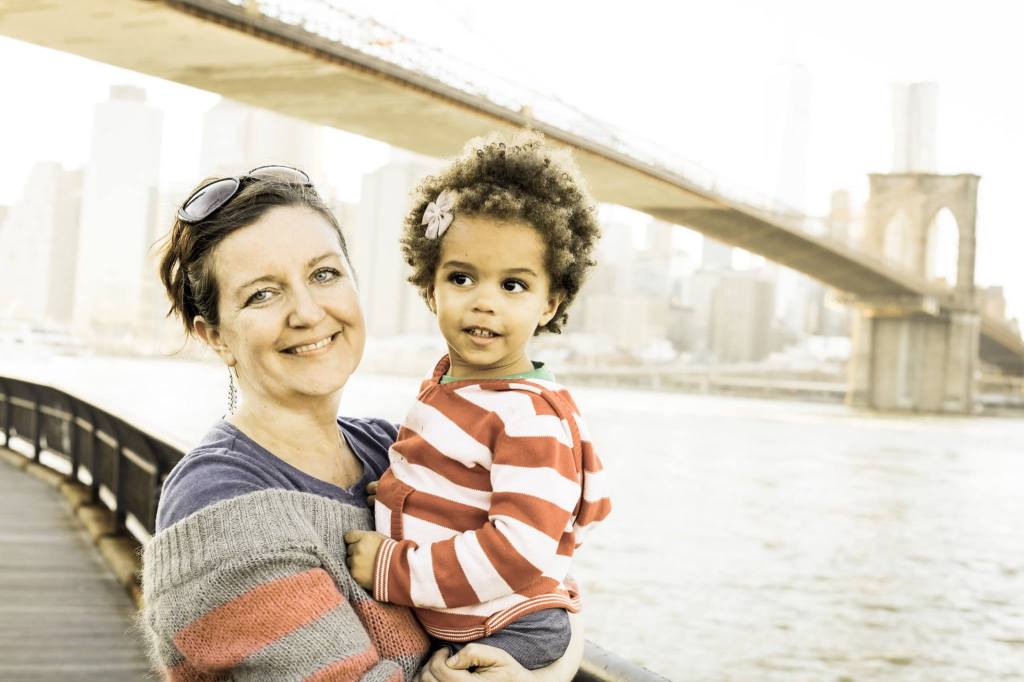
Cordelia Stephens relates: “At best, it does make the opportunities to write and play more focussed and urgent, which can give me a certain discipline. Gone are the long empty weekends with nothing to do but noodle on the guitar and work up some songs. I have less energy for the things that are outside the realm of earning my keep, and keeping my daughter healthy and happy.”
One of the newer parents in the ranks of the Big City Folk crowd is none other than its brave, valiant, and Irish leader, Niall Connolly. He’s in the same thick of it as the rest of us now with his own two-and-a-half-year-old daughter.
Says Niall, “I am certain I have less time for writing. I am uncertain whether that has had a negative impact. Sometimes restrictions can be a helpful songwriting tool for me. Deadlines are helpful for me. With parenthood, I have fewer opportunities to sit down and write. I’ve grown to really appreciate those small windows of time that I do find.”
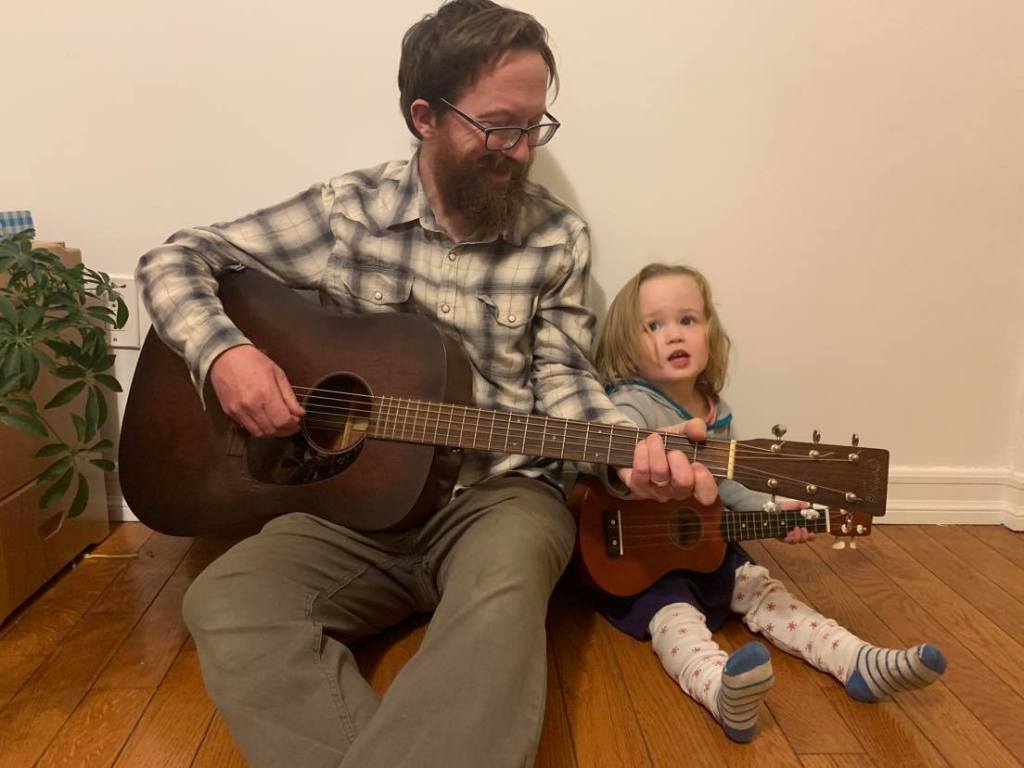
Niall’s daughter’s overall enthusiasm is a source of great joy in that “it’s nice to have a tiny person literally point and scream at all the magic in the world.” He sings to her all the time— “All kinds of nonsense.” But one of the bigger challenges Niall brings up beyond having time to write is having time to tour. Pandemic aside, Niall had been touring on and off for 17 years by the time his daughter was born. He hasn’t done any major international tours since. In looking at the future need of having to tour again (when that’s possible), he recognizes it will be “extremely hard to be away.” (Until he gets back on the road, he maintains a ridiculously regular livestream every Saturday at 3pm and Wed 9pm EST.)
I asked my parent songwriter friends about how their kids are directly involved in their performance lives, before and during the pandemic.
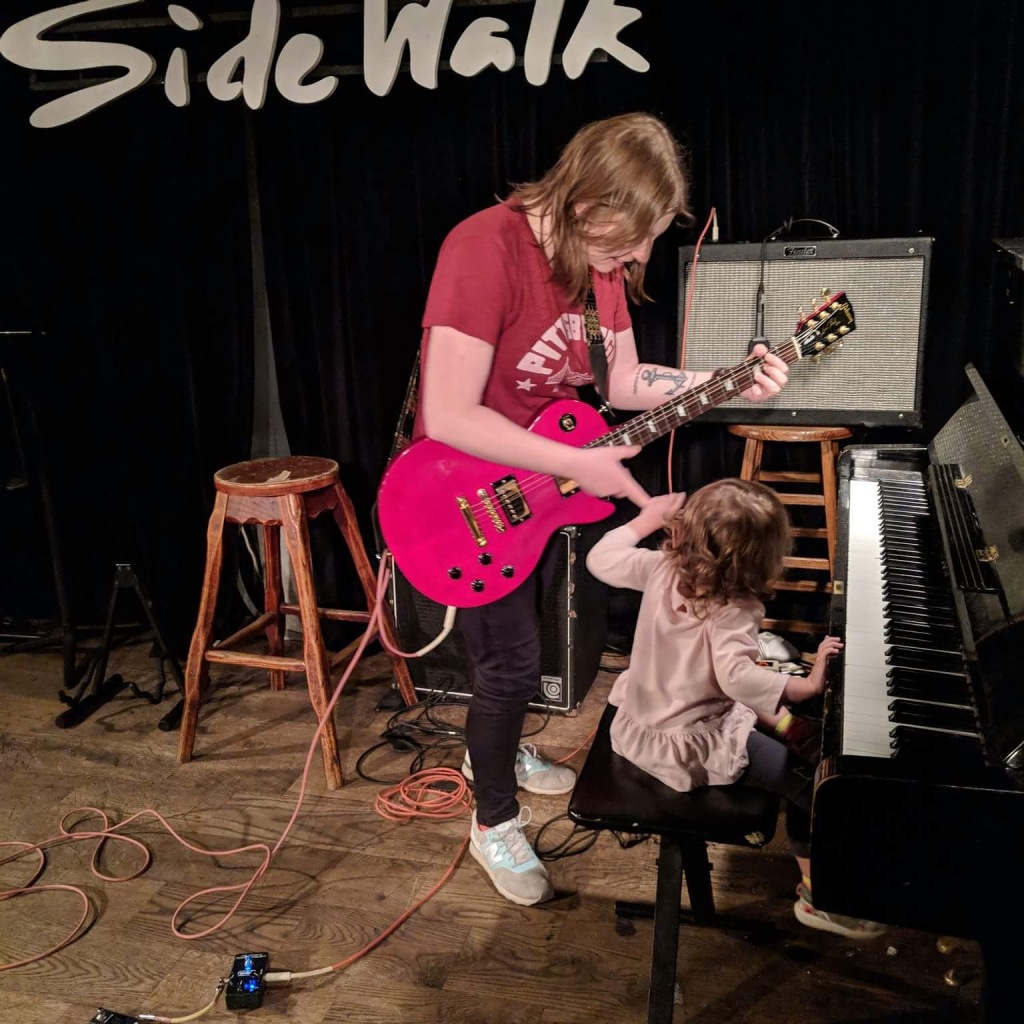
Lindsay Dragan’s daughter sees her getting her gear ready for a gig and asks, “Mommy’s going to work?” She has been to many of her mother’s gigs and has crept on stage with her, especially to warm up.
Since the pandemic, Cordelia’s daughter, who is now old enough to be writing her own songs (with her mom’s encouragement and willingness to type them up), joins her for a Zoom open mic once a week. Says Cordelia, “She’s regularly performing to, and listening to a great group of experienced songwriters. This would not have happened so easily pre-pandemic and I think she finds it pretty fascinating. Honestly, the pandemic has been quite helpful to me as a parent who struggled to get out in the evening due to the cost of babysitting. Now I can tune in to loads of great streams and not feel quite as much FOMO [fear of missing out] as I used to feel, stuck at home of an evening.”
I profoundly relate as a father of two boys not lacking in intensity. I found it a luxury to get out of the house for a Song Club night, and usually felt guilty about it. I was able to release two albums last year and promote them through streaming appearances in a way that would have been more challenging if I were going out at night, let alone doing anything resembling touring.
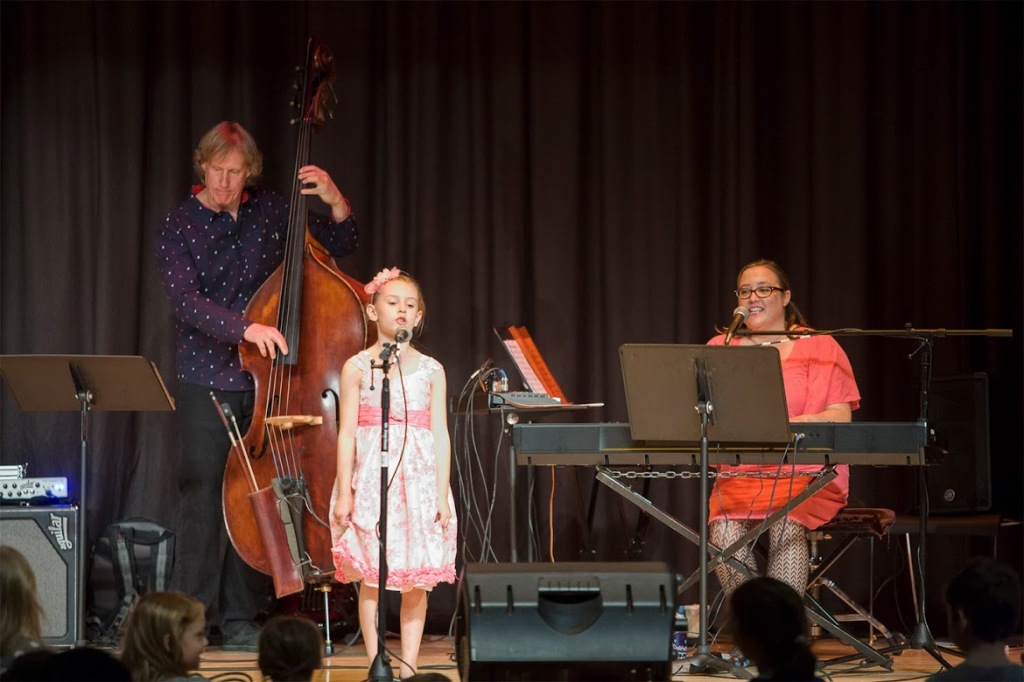
Deidre, meanwhile, reports (and I can verify it) that her kids have been active in her songwriting life and performing life “basically since they could walk and talk.” Especially now that they’re older, they join her on stage for duets. They “hold songwriting salons at home” when Deidre is unable to go out. In a nutshell, they love working together as musicians with her.
Niall’s daughter has only so far attended two of his real world gigs. “It felt so great to have her there. Akin, to a record company coming to see me. I remember hoping she was having a good time in a similar way,” says Niall.
He voices what might be the most common sentiment among us: “I have a complicated relationship with music. It has opened so many doors for me. I have seen a lot of the world and I have had many great experiences I wouldn’t have otherwise had. I have formed lifelong friendships through music. It has helped me express myself and understand myself and the world better. There are challenges in a life in music. I suppose as in life, there are experiences I hope my daughter gets to enjoy and ones I hope she doesn’t have to endure. I can’t control that, but as she gets older, if she’s interested in music, I hope I’ll be as honest as I am supportive.”
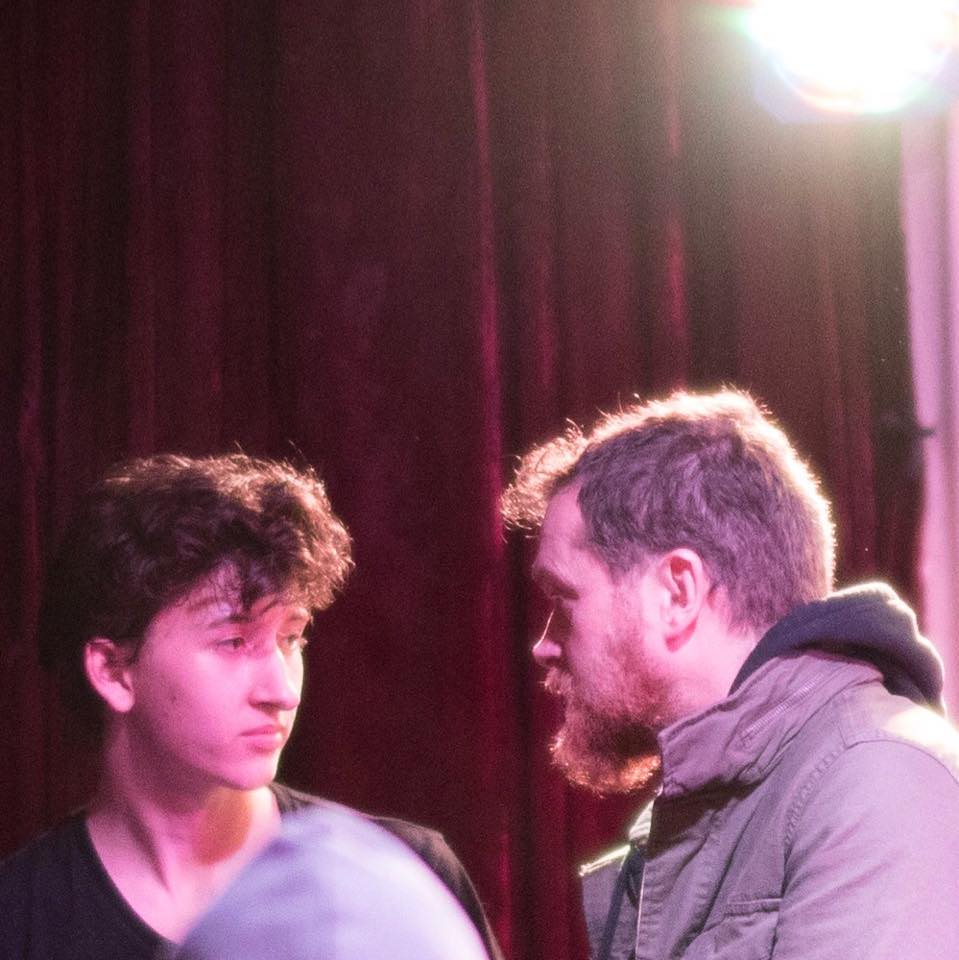
Niall’s longtime friend in music and life and fellow Big City Folker of long-standing Warren Malone is on the other end of just hoping for his kids’ musical involvement. His son Gibson, in the midst of college applications and all the other young adult transitions, is actively recording music with his dad and on his own. I have watched over the past couple years as Warren’s social media posts tell the world as much if not more about his son’s band as his own music. Gibson joins Warren on one of two versions of “Saved” (the other version a collaboration with Warren and Kyle Lacy) released on January 2. Gibson’s mature and stylistically diverse album Circling the Drain just dropped on BandCamp March 7. Tellingly, I couldn’t rope them into a father-son interview because of the collective craziness of their lives right now, but here’s hoping for the future.
To me, Warren’s and Gibson’s experience sounds nothing short of miraculous. As Cordelia points out, “So much of music-making and artistic expression is oppositional to parental influence. It is typically more about self-identifying away from the parent.”
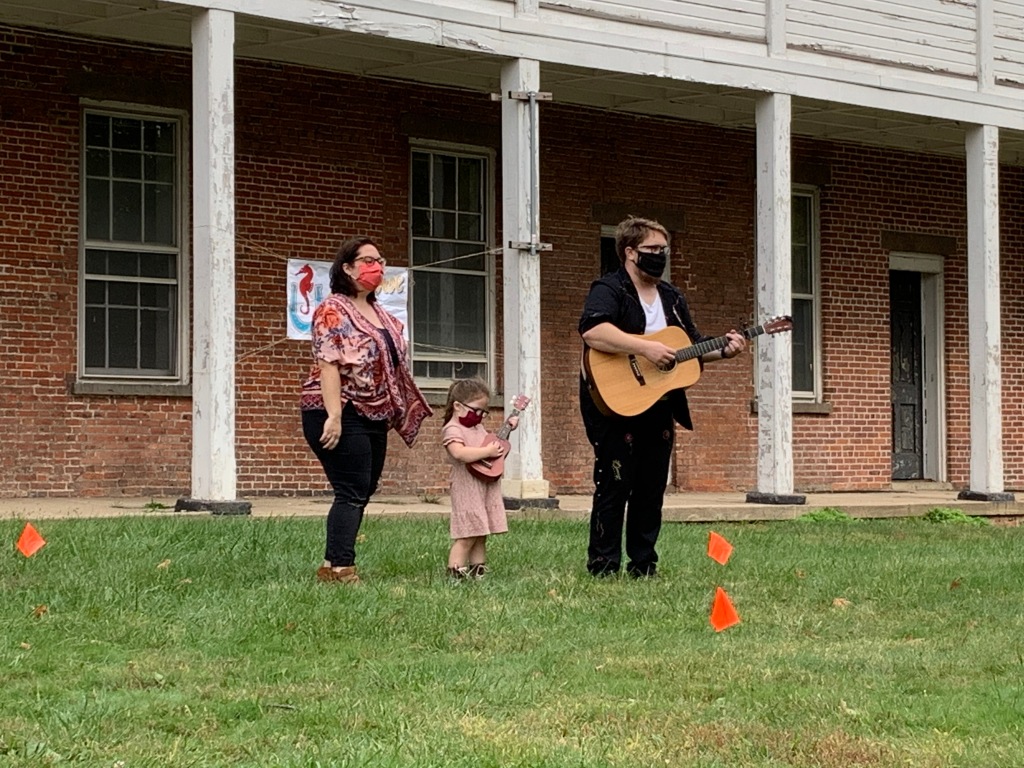
All this to say, we who soldier on as songwriters, despite the demands of family life, experience our battles differently and as makes sense for each of us. I’ve seen Robert and Krissy Bock (a.k.a. The Locksmiths) on full family outings with their kids, all participating in a Robert Bock/Locksmiths set on the lawn for Porch Stomp, and I’ve seen Chris Q. Murphy juggle his roles as parent, teacher, and performing singer-songwriter with aplomb.
The fact of the matter is that none of us are kids anymore, though some of us have kids, and that changes the rules that have governed us when we were childless. But still, we write songs, sing songs, and, on a good day, we can imagine living on, both through our songs and through our children.
///**//
Jim Knable is a performing songwriter who recorded two albums in 2020: Songs of Suffrage for Luna Stage and the Andrew Goodman Foundation and Blue Reunion, by Jim Knable and The Randy Bandits. He has released two other studio, one live, and one secret album with The Randy Bandits since 2006 as well as performing as The Jewbadour for the Unorthodox Podcast circa 2015-2018 with a matching album of demos for the show. He is a produced and published playwright, currently the Staff Writer for The Gilder Lehrman Institute of American History, and has had articles published in The Brooklyn Rail, Tablet Magazine, The SDC Journal, and other online and print publications. He practices the art of parenting with his two sons in coordination with his talented wife in Brooklyn.
Recent Comments